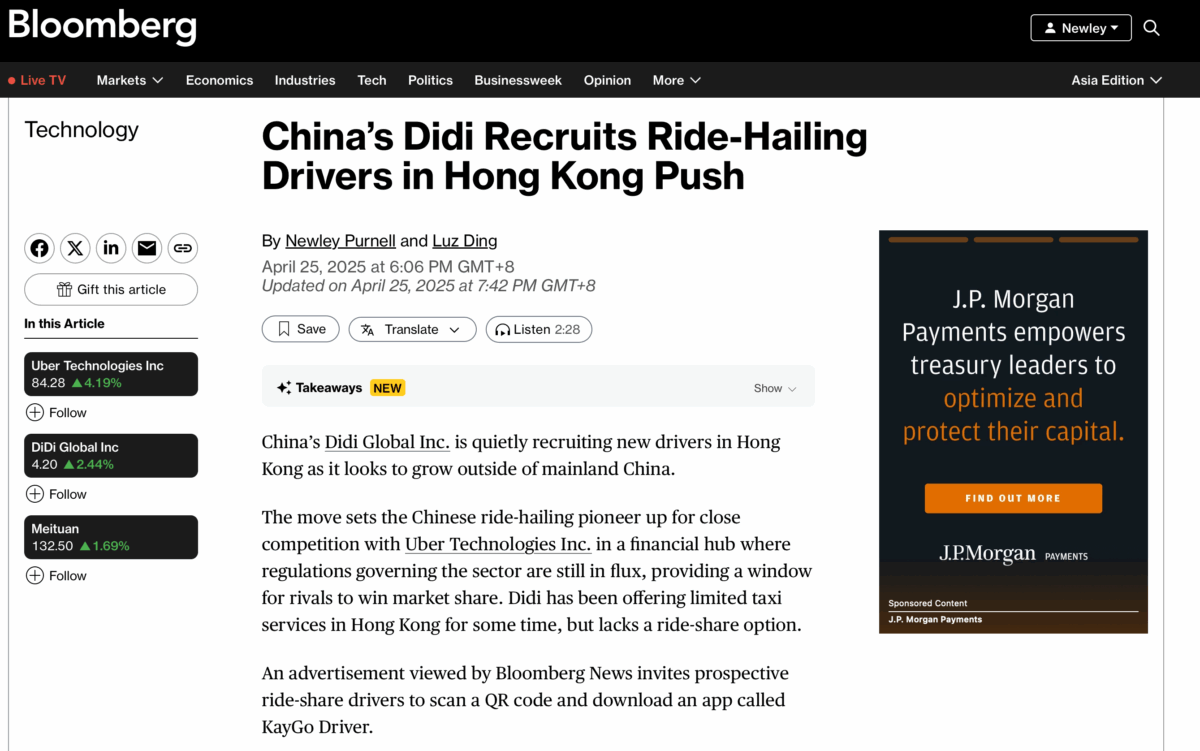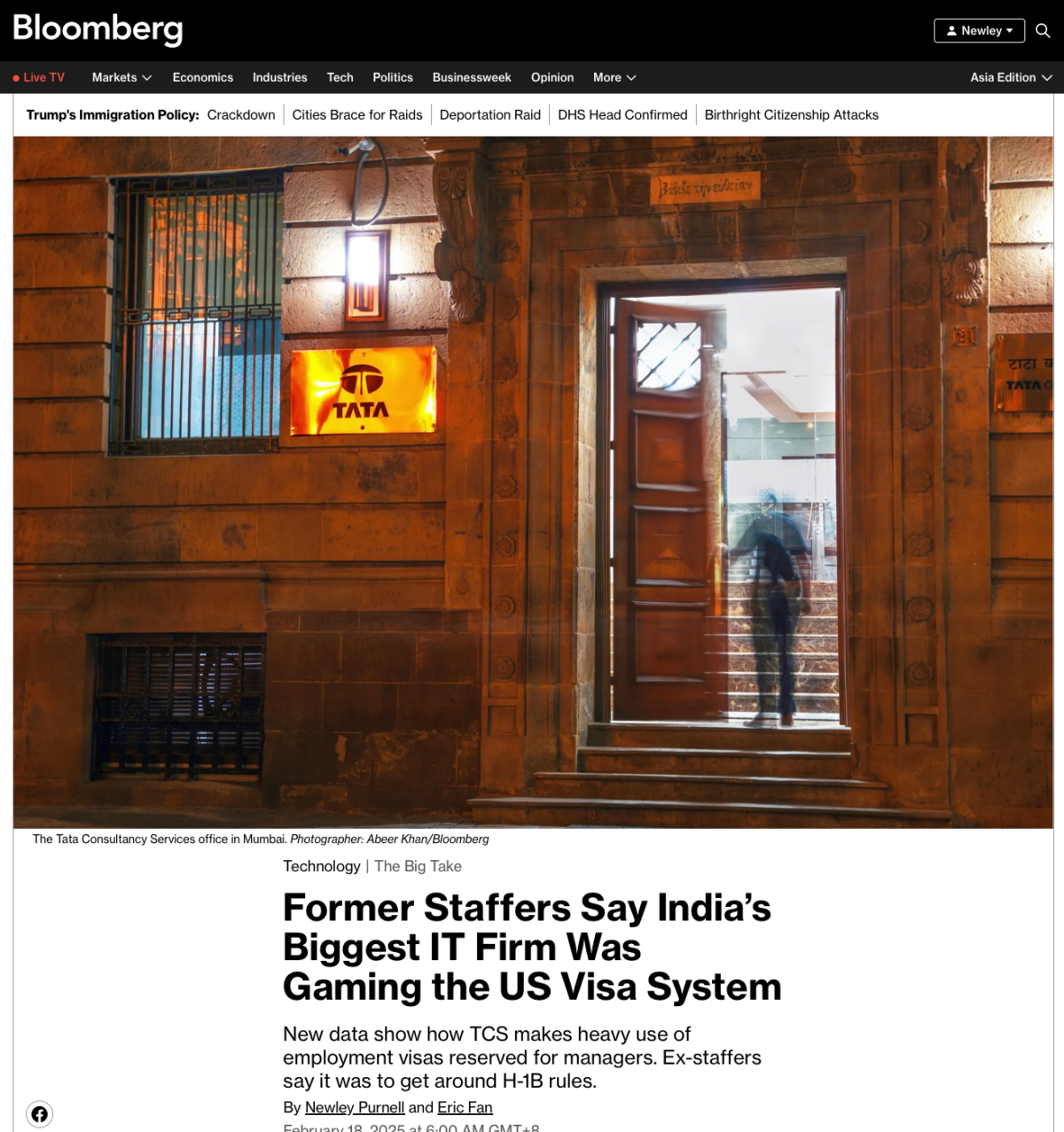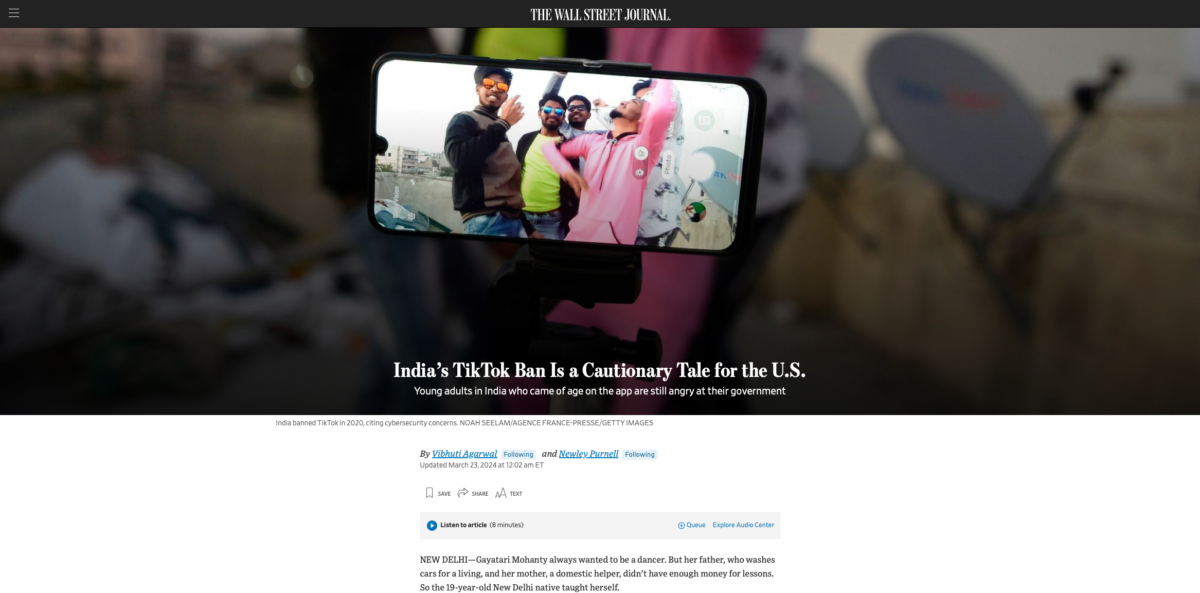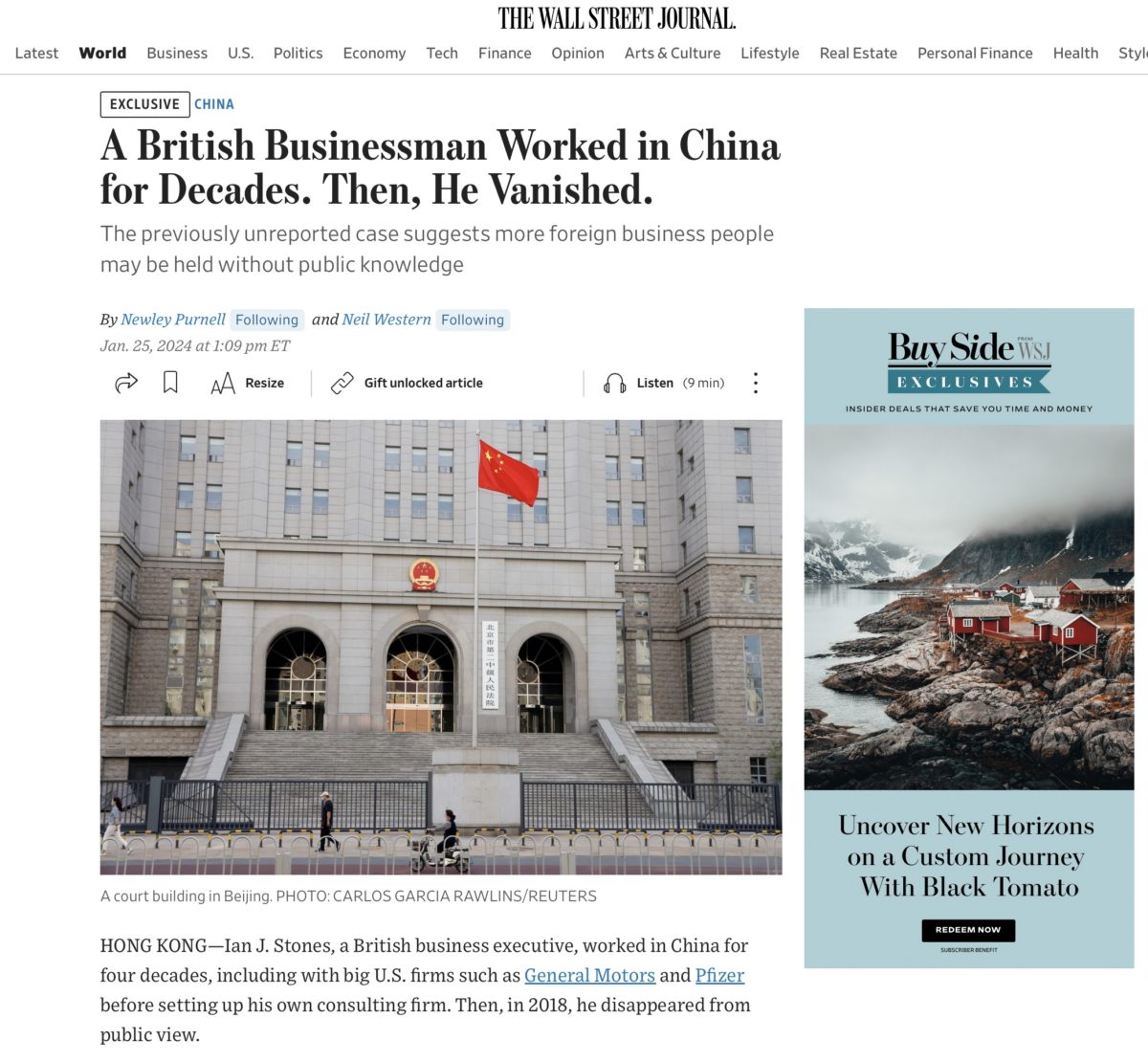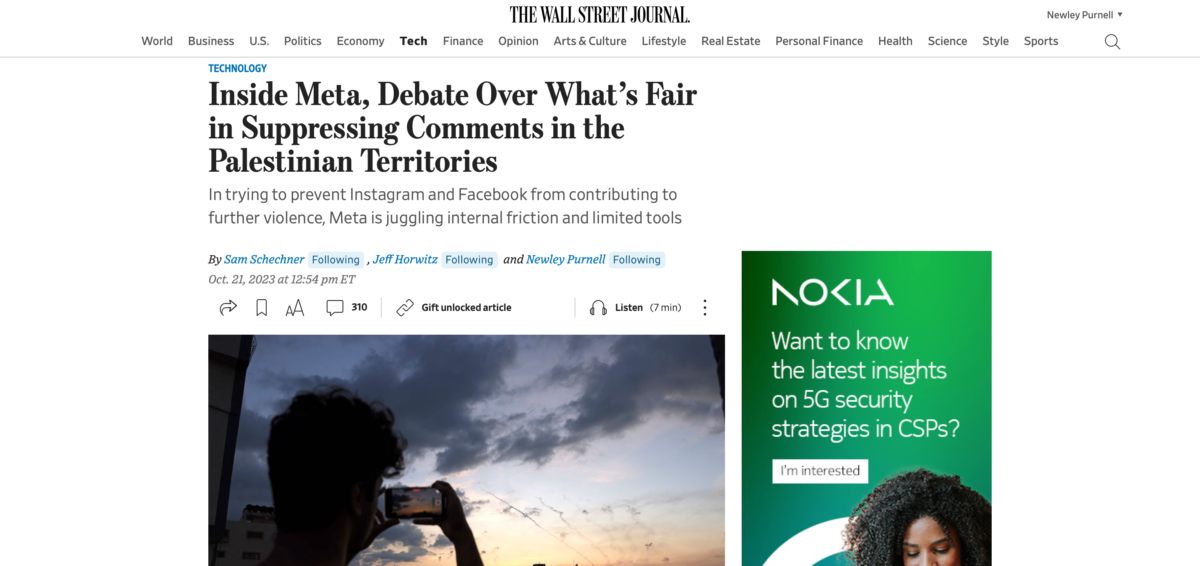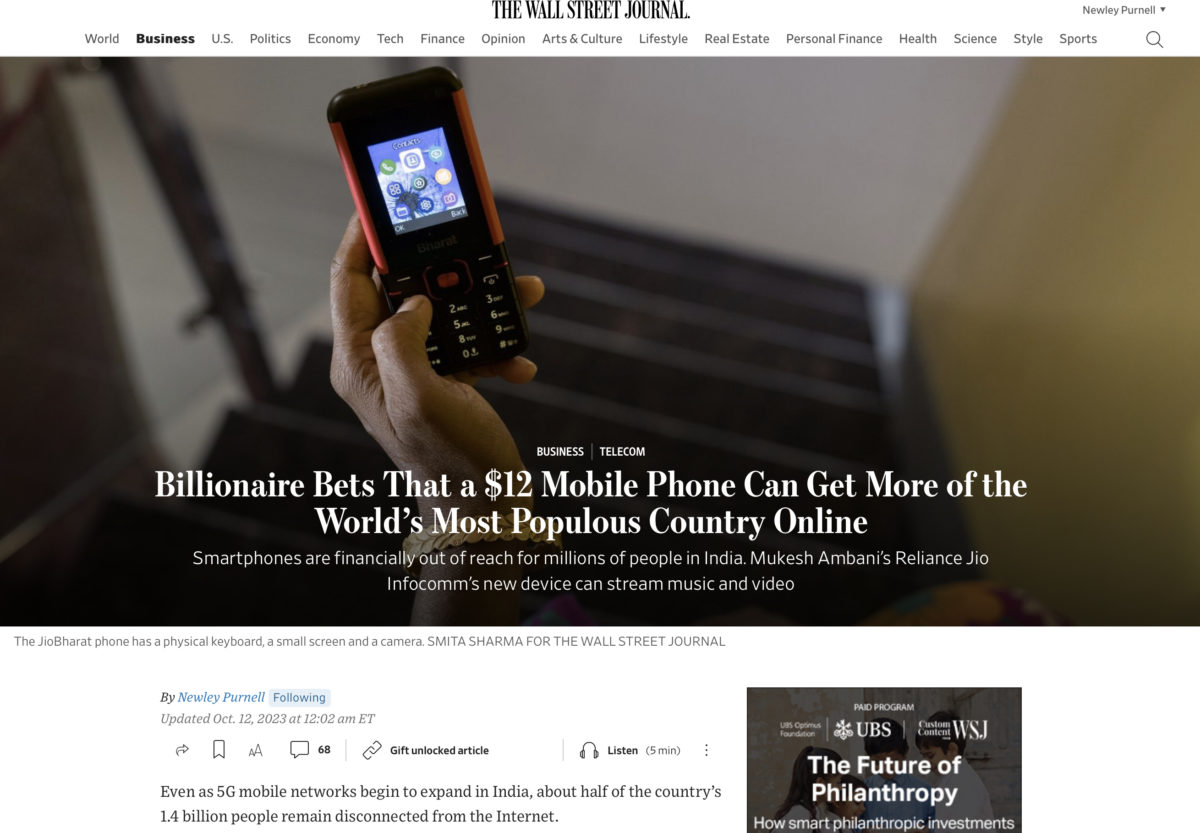That’s the headline on my most recent story, an exclusive out Tuesday with my colleague Eric Fan.
The first time Donald Trump took over the White House, Anil Kini alleges that executives at India’s biggest outsourcing firm ordered him to take part in what he describes as a coverup.
Kini, who was an IT manager working in Denver for Mumbai-based Tata Consultancy Services Ltd, or TCS, says his superiors ordered him to falsify internal organizational charts — to make them appear more top-heavy with managers than they really were.
The goal, Kini later alleged in a federal lawsuit and in interviews with Bloomberg News, was to prepare for any heightened scrutiny of the way TCS was using employment visas. It was 2017, and Trump had campaigned on an anti-immigration platform, but his focus wasn’t confined to undocumented immigrants. He’d also assailed a widely used skilled-worker visa program, called H-1B, saying it provided “cheap labor” that hurt US workers. He said US-based companies should instead prioritize hiring Americans.
Kini and two other former TCS employees who filed similar lawsuits say the company repeatedly made improper use of special manager-level visas to hire front-line workers who had no management responsibilities. All three cases, which were filed under the federal False Claims Act, were dismissed before the allegations of visa fraud were examined in court; Kini’s is on appeal. The manager visas, known as L-1As, are easier for employers to obtain and have fewer guardrails; for example, they lack even the minimal pay requirements that Congress has imposed for H-1B holders.
Kini told Bloomberg that as Trump took office eight years ago executives at TCS, an arm of the Indian conglomerate the Tata Group, were trying to make their organizational charts match their visa applications, before any federal inspectors showed up on their doorstep.
While officials in Trump’s first administration continued to criticize employment visas, the anticipated crackdown failed to materialize. Now, with Elon Musk and other tech executives defending the H-1B program, Trump has changed his rhetoric. “I’ve always liked the visas, I have always been in favor of the visas,” he told the New York Post in December. That flip-flop has triggered pushback from his MAGA base, pitting his nativist supporters against his newer backers from the tech industry.
Although studies have shown immigration has been a net positive for the US economy and for government budgets, Kini’s story along with allegations in the other lawsuits, internal company documents, emails and federal data obtained by Bloomberg, suggest TCS has used L-1A manager visas in ways that echo Trump’s earlier concerns about undercutting American workers. The data, which is previously unreported, shows that the number of L-1A approvals the company has received far exceeds the number of managers it disclosed employing in mandatory federal reports to the US Equal Employment Opportunity Commission. It also shows that TCS, which works with some of the largest US tech companies, has obtained far more manager visas than any other employer in recent years.
In response to detailed questions about the allegations and Bloomberg’s data analysis, a company spokesperson sent a statement denying any wrongdoing: “TCS does not comment on ongoing litigation, however we strongly refute these inaccurate allegations by certain ex-employees, which have previously been dismissed by multiple courts and tribunals. TCS rigorously adheres to all U.S. laws.” The company declined to provide further details.
